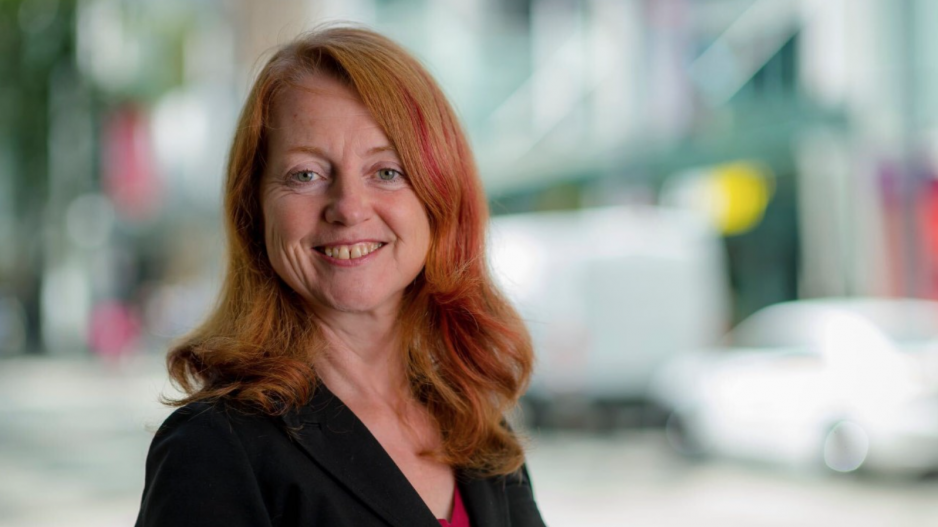This column was originally published in BIV Magazine's Philanthropy issue.
The need to invest in a sustainable, just future for all has never been more urgent. COVID-19 and environmental crises are disproportionately impacting those suffering the injustices of racialization, colonization, poverty and other systemic issues. Corporate commitment to philanthropic action has a crucial role to play.
Vancouver-based startup Legible.com has risen to the challenge by embedding philanthropy into its DNA. The first company to make a browser-based reading and publishing platform accessible to anyone anywhere with an internet-enabled device, Legible’s goal is to “democratize, decentralize, decolonize and decarbonize” the publishing industry.
The proactive establishment of its foundation will support achievement of this ambitious goal, and will leverage Legible’s specialization in rich media and online publishing to support literacy initiatives and the amplification of marginalized voices.
As CEO of the Legible Foundation, I bring years of experience in sustainable resilience-building to this inspiring project. Over the coming months, we will develop a strategy for launch in 2022 based on five pillars: youth; women and girls; biodiversity; climate resilience; and JEDI (justice, equity, diversity and inclusion). We will implement activities in two streams spanning global to local: Literacy Plus, designed to make information available by and for those who most need it; and community-led approaches addressing pressing societal needs.
For example, we hope to help people in rural and remote areas develop resources that support climate resilience, and support Indigenous publishers to create stunning digital content featuring their languages.
The foundation’s first action, in support of truth and reconciliation under our JEDI pillar, was to become a member of the Indigenous-led Circle on Philanthropy, which educates on Indigenous approaches to philanthropy and mentors development of reciprocal funding approaches. This is particularly important as past philanthropic approaches have sometimes proven ineffective. Those who most need help have often not had the capacity to fulfill requirements to access support, and the sustained multi-year funding based on respectful relationships that is crucial for genuine impact has been hard to find.
Our work to build the foundation is also informing Legible’s internal practices, including development of key performance indicators that reflect the concepts within Doughnut Economics, and support the United Nations’ Sustainable Development Goals.
Investing in doing good is a win-win. Research shows that, in 2020-2021, more consumers cared about companies’ support of people during COVID-19 (56%) than whether products were high quality (49%), and 41% cared about companies’ support of social causes. Employees increasingly want to work for organizations that reflect their values.
Done right, corporate philanthropy has the potential to provide brand-positive benefits, as well as marketing opportunities that feed success while supporting a virtuous cycle that funnels profit back into doing good.
Like the nurturing Mother Trees in the wood-wide web identified by Dr. Suzanne Simard, Legible aspires to continually contribute benefits to our globally networked world.
Integration of philanthropy into the structure of companies holds promise as a key strategy in the 21st century. More bluntly, given the challenges we face and the influential role of corporations, it is no longer optional.
Deborah Harford is head of philanthropy at Legible.com and CEO of the Legible Foundation.
This column was originally published in BIV Magazine's Philanthropy issue. The full digital edition is available here.




